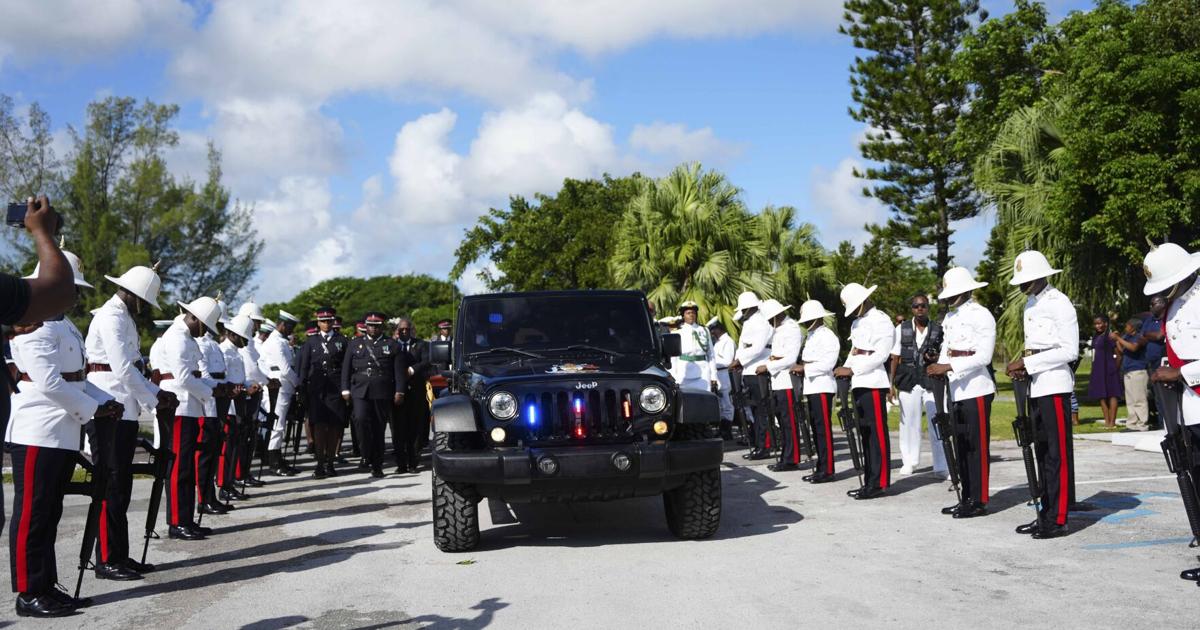Copyright theinsightnewsonline

Read Time: 3 minutes When we examine history, as Algerian scholar Dr. Mohamed Doumir does, we will not find much difficulty in concluding that the Moroccan occupation’s “autonomy” initiative is a reproduction of the French “Paix des Braves” (Brave Peace) initiative, which the French occupation offered to Algeria in the same month 67 years ago. On October 23, 1958, de Gaulle addressed the National Liberation Front (FLN), which led the Algerian liberation struggle against France:“France extends its hand to the brave who desire peace… Let every fighter lay down his arms, and he will find only dignity in France.” This was France’s announcement of an initiative it called “La Paix des Braves,” similar to the Moroccan “autonomy” initiative proposed in 2007. France then addressed this initiative directly to the Algerian mujahideen, calling on them to cease fighting and surrender their weapons in exchange for a general amnesty and guarantees of their reintegration into “French Algeria.” The most important provisions of the French initiative were: Considering Algeria an integral part of France, Proposing a “generous amnesty” for fighters who ceased fighting, Not recognizing the revolution or the principle of independence.The Moroccan autonomy initiative, on the other hand, considers Western Sahara an integral part of Moroccan sovereignty and proposes an amnesty for all those who took up arms against Morocco. It also does not recognize the revolution or the principle of independence. Drawing inspiration from history… The Polisario’s response to the Moroccan occupation initiative is similar to the Algerian government’s response to the French occupation initiative. The Algerian response was swift and decisive, in an official statement by the Algerian Provisional Government on October 25, 1958, stating, “There is no peace without independence, and no peace without sovereignty.” This means that the Algerian people will not cease their armed struggle unless: France explicitly recognizes Algeria’s independence; 2. The Algerian people are guaranteed their right to full sovereignty over their land and resources. The message and content of the official Algerian government statement were clear: The French initiative is not a peace initiative, but a conditional surrender; The Algerian Revolution is not a rebellion, but a national liberation movement; Negotiations are possible only on the basis of prior recognition of Algeria’s independence; The Provisional Government is the only legitimate party authorized to negotiate on behalf of the Algerian people. The political impact was that the Algerian Revolution rejected the “Peace of the Brave” proposal and confirmed that the option of armed struggle would continue. Furthermore, it strengthened the standing of the Provisional Algerian Government abroad, demonstrating to the world that it truly represents the people.France then began to realize that a military solution was impossible, and began secret contacts that led to the Evian Talks (1961–1962). These negotiations were the fruit of an eight-year war of liberation for which Algeria paid more than one and a half million martyrs, and which remains to this day an icon of the liberation revolutions of the twentieth century. The Polisario’s response was also decisive on October 24, 2025, confirming that it would not participate in any future negotiations if the American proposal was adopted as a Security Council resolution. The political impact of the Polisario’s response will certainly be a categorical rejection of the “autonomy or peace of the brave” proposal, and the option of armed struggle will continue. Moreover, this response will strengthen the position of the Sahrawi state, led by the Polisario, which has long demonstrated to the world that it is a national liberation movement representing the Sahrawi people and will not abandon its demand for independence. Here, it is as if the Polisario is reproducing the liberation history of Algeria on November 1, loudly and unequivocally saying to Morocco, France, America, and the entire world: “There is no peace without independence, and no peace without sovereignty.” When the Polisario takes a position on October 24, 2025, similar to the position taken by the Algerian revolution on October 25, 1958, it is a sign that we are still on the right path, and that the Moroccan occupation will inevitably disappear, just as the French occupation of Algeria disappeared. As for Boukrouh’s writings and the final quarter-hour he proposes for accepting autonomy, it suffices to remind him that Hassan II declared at the beginning of the 1975 war that he would eliminate the Polisario within a week (seven days, roughly a quarter-hour, according to Boukrouh’s time). He died, along with his generals, diplomats, and all the French and American presidents and Arab princes who supported his occupation of Western Sahara. Meanwhile, the Polisario remained steadfast and strong after fifty (50) years of struggle, despite all the plots and betrayals. Therefore, Boukrouh’s provocative rants, which have yet to find a cure, need no response. History will remember them only alongside Judas Iscariot, Brutus, and Ibn al-Alqami. The pens have been lifted, and the newspapers have dried up… Ould EdkhilOctober 25, 2025.



